Imagine being a young girl faced with the onset of menstruation without any prior knowledge or understanding. The whispers in the corridors, the hushed tones at family gatherings—all contribute to a sense of secrecy and embarrassment surrounding the biological process. This stigma not only affects a girl’s self-esteem but also hinders her daily life.
Earlier this year, a report jointly launched by WHO and UNICEF underscored the global persistence of stigma surrounding menstruation. The report said that adolescents often feel ashamed or hesitant to
openly discuss the issue openly. This enduring stigma emphasises the prevalence of myths and misconceptions about menstruation across diverse cultures that persist across generations.
Beliefs that associate menstruation with impurity often result in restrictions on women’s daily activities—they may be barred from entering kitchens or religious places, and sometimes even asked to sleep on the floor. In this confusing environment, girls often struggle to navigate their
adolescent years, impacting their health by leaving them confused, ashamed and lacking proper guidance.
This is particularly why menstrual health and hygiene management (MHHM) has emerged as a critical public health issue in recent years. In many public spaces in our country and globally, there is inadequate waste disposal infrastructure for sanitary pads, and accessing soap and water
can be difficult during menstruation.
The approach of Behavioural Change Communication (BCC)
MHHM aims to ensure that girls have access to basic infrastructure to manage menstruation safely and hygienically. Under the same, state and central governments as well as development organisations have tried to employ Behavioural Change Communication (BCC) as an approach to transform how we perceive and support menstruating girls.
In simple terms, one can define BCC as an approach that attempts to engage individuals, groups, or communities to promote positive health behaviors through effective communication strategies. The process incorporates use of multi-media channels for systematic information dissemination with a larger goal to address pressing issues.
In the space of menstrual health and education, BCC can be used as a tool to educate girls, families and communities about menstrual health in ways that are relatable and respectful of cultural norms, and thus holds importance for the young menstruating population. Think of using real-life stories and experiences to humanise the conversation around menstruation, or devising communities wherein older girls can mentor and
support younger girls through their menstrual journey. At its core, BCC is an approach that doesn’t just inform but empowers.
For starters, BCC equips girls with accurate information about their bodies, menstrual cycles, and hygiene practices. This knowledge becomes a tool for empowerment, allowing girls to navigate their menstrual journey confidently. The attempt is to encourage open dialogue, transforming cultural attitudes in order to pave the way for a healthy environment.
A very successful Behavioural Change Communication example
Case in point, between 2013 and 2016, in three districts of Uttar Pradesh—Mirzapur, Jaunpur, and Sonebhadra—the government implemented GARIMA, a community-based BCC program funded by UNICEF. This initiative aimed to normalise menstruation as a routine aspect of life
for adolescent girls in rural areas.
Through a combination of audio-visual and print media, along with life skills-based activities such as group screenings of films and storybook readings, the project fostered open dialogue about menstruation. It reached approximately 64,000 adolescent girls across 1,975 villages, seeking to dismantle the culture of silence and promote ongoing conversations among peers, families, and communities. The results showed that adolescent girls showed higher knowledge about puberty, higher knowledge about reproductive parts, positive attitudes towards gender and significantly higher levels of some discussion and dialogue.
In 2022, an independent study conducted among adolescent girls in Uttar Pradesh highlighted that direct communication and personal guidance significantly enhanced their knowledge and practices regarding menstrual hygiene product use and disposal. This empowerment enabled
them to effectively manage their periods, promoting overall health and reducing the risk of infections or complications.
Similarly, a study in Assam in 2016 found that BCC strategies, including infotainment approaches, positively correlated with improved health and academic performance among young girls. These findings underscore the impactful role of tailored communication in empowering girls and supporting their well-being and educational outcomes.
Building on the findings from these studies, it is increasingly clear that providing young girls with support and information on menstruation through interactive interventions significantly impacts their education. This approach enhances their understanding of health issues, reduces absenteeism from school, supports ongoing educational progress, and ultimately improves their prospects for academic achievement. In the longer run, these efforts aim to foster gender equity.
Therefore, BCC interventions have the potential to challenge stereotypes and norms that perpetuate discrimination. By doing so, they contribute to creating a more inclusive society where girls can thrive confidently and without stigma.
Smile Foundation and work on period-positivity
Embracing contemporary communication strategies for societal transformation, one of the focus areas of Smile Foundation’s Swabhiman program is dedicated to empowering adolescent girls and women through enhanced awareness of menstrual hygiene. Our initiative spans underserved urban villages and remote rural areas, where we conduct sanitary napkin donation drives, host engaging and informative workshops on relevant themes, and actively mobilise communities to foster a period-positive culture.
Swabhiman aims to empower adolescent girls and women, ensuring they have the knowledge and resources for confident, healthy living. Through our efforts, we aspire to forge a path towards a vibrant, inclusive future where every girl can thrive with dignity.



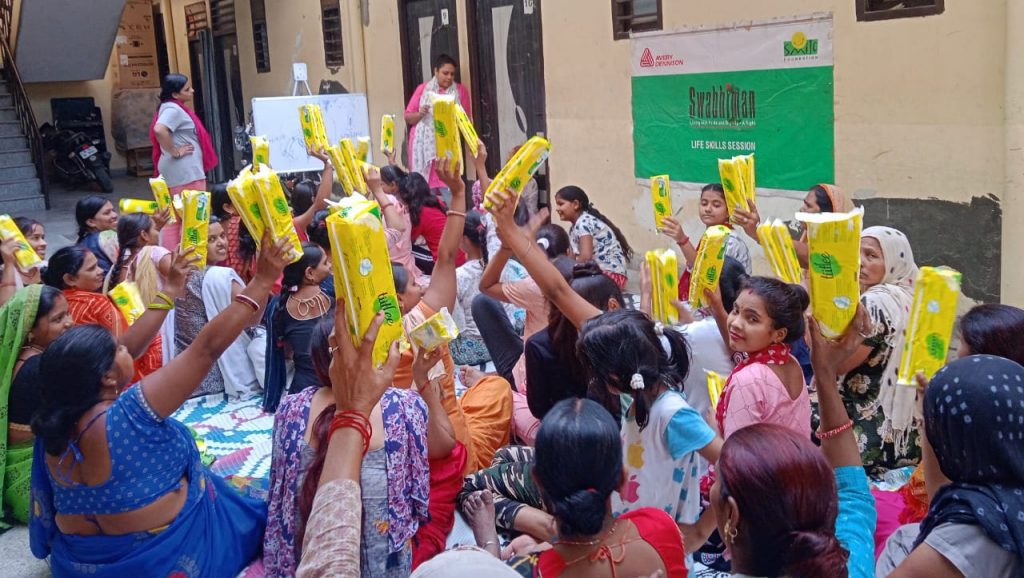
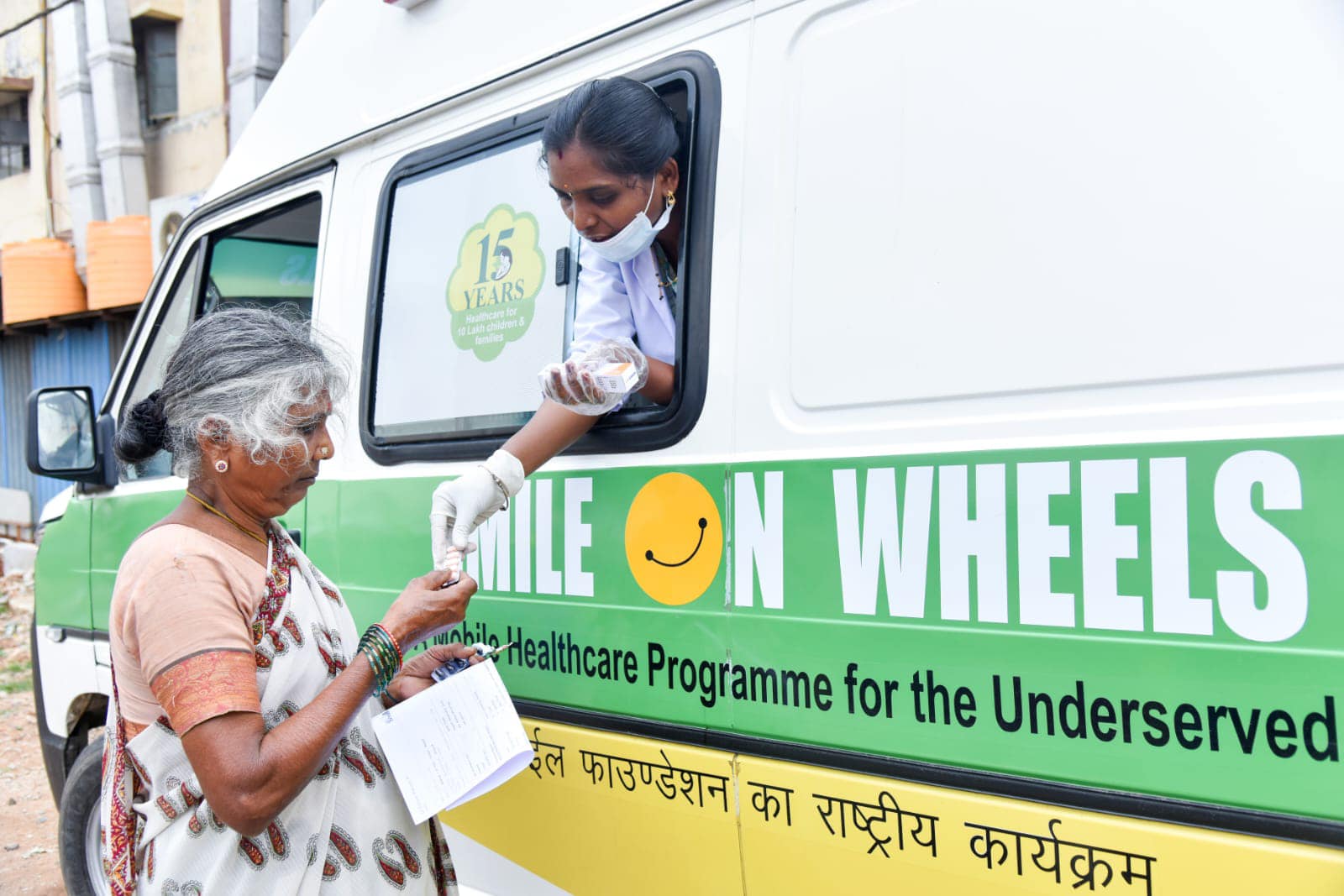
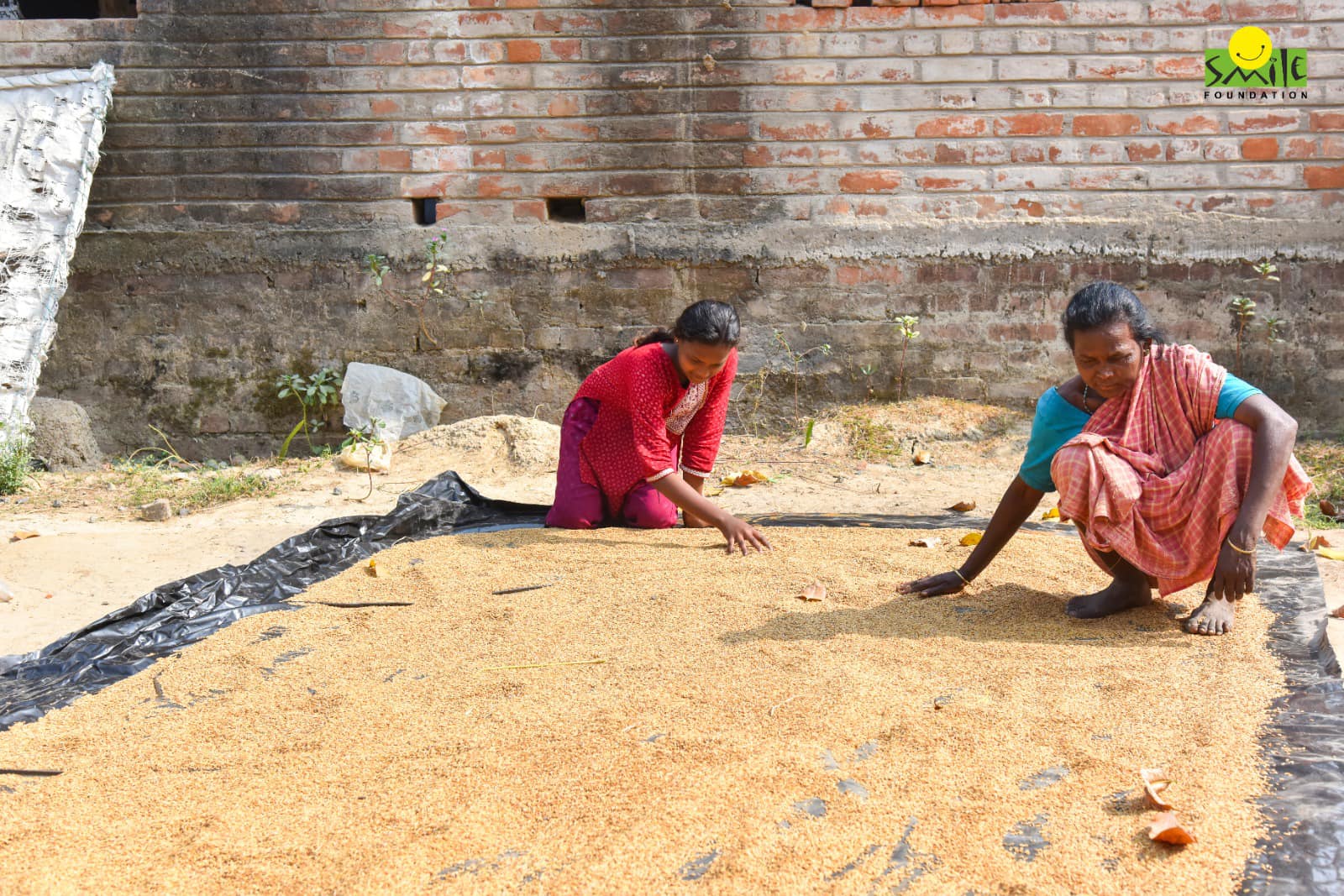
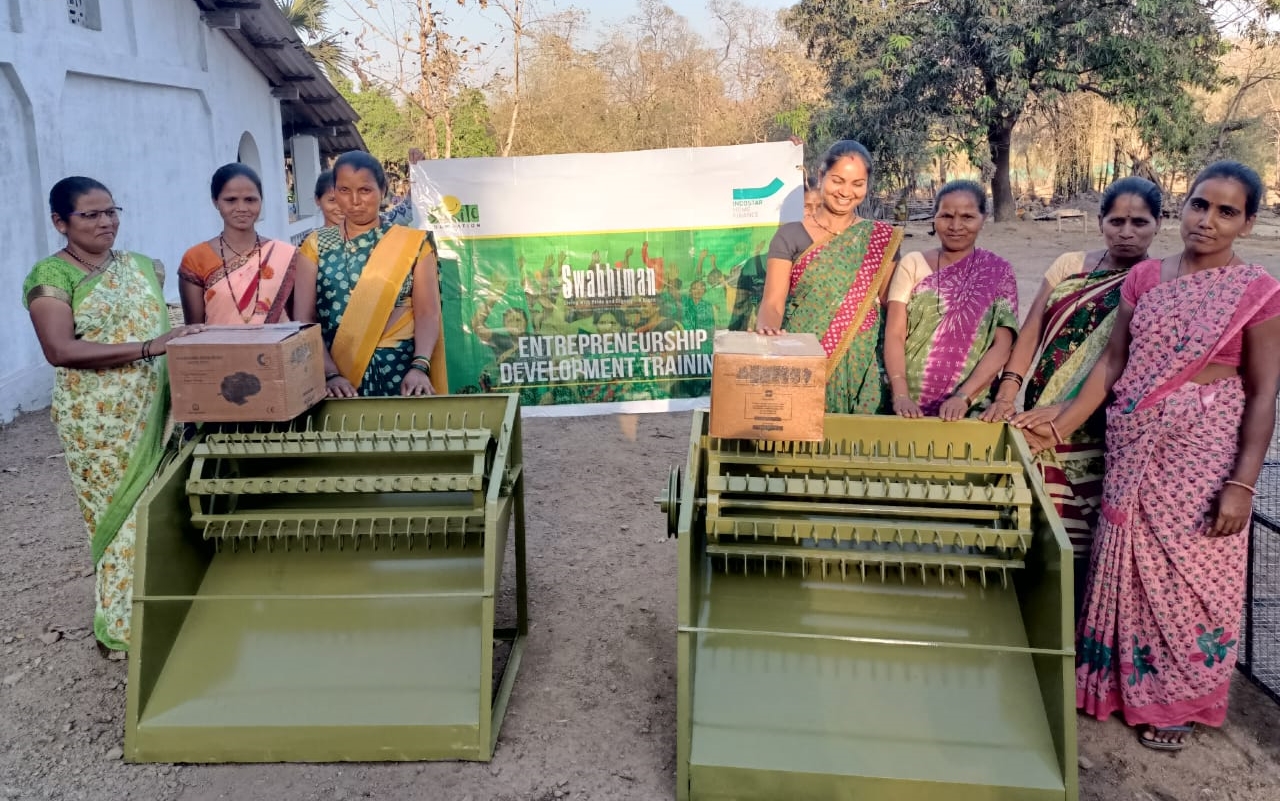
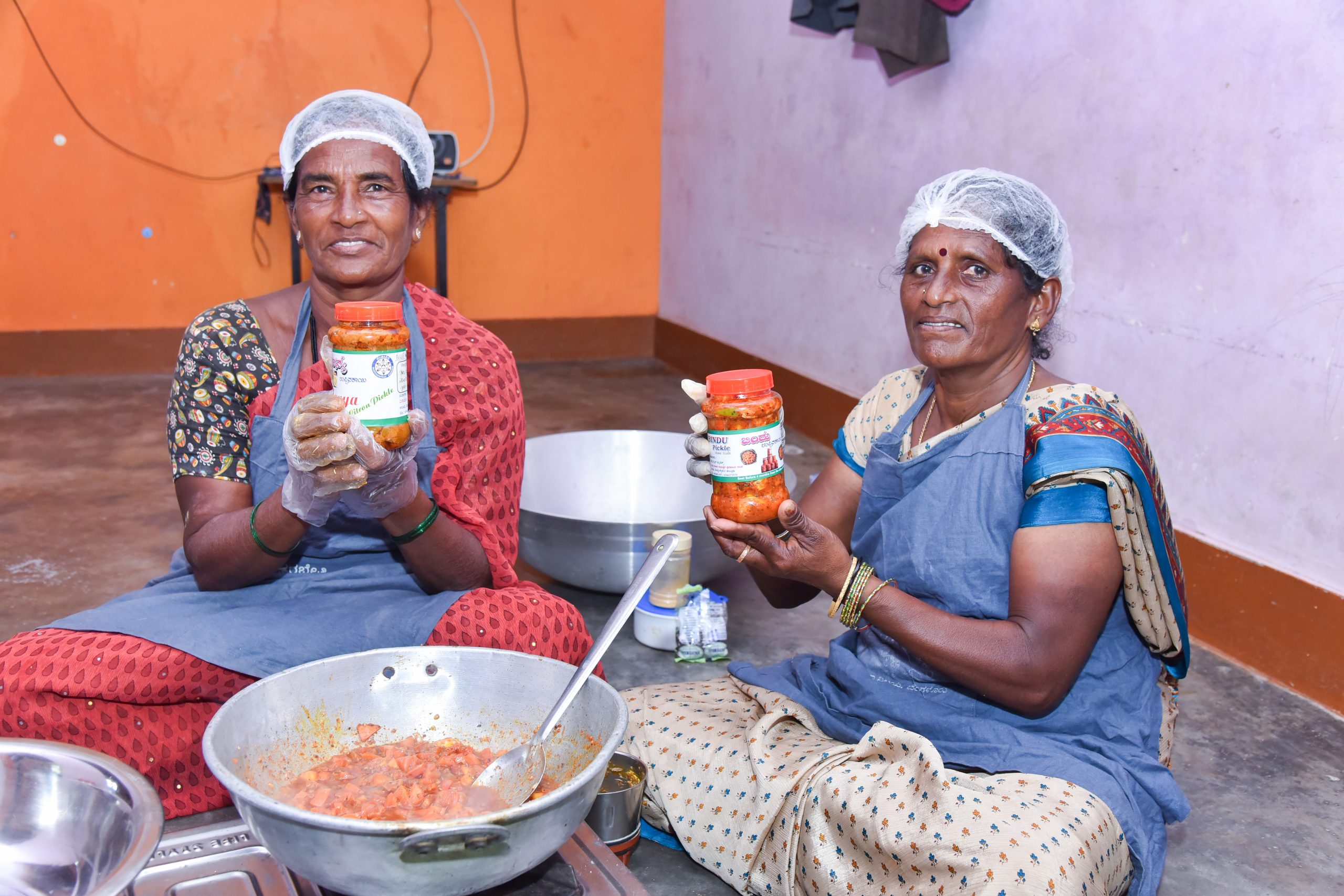
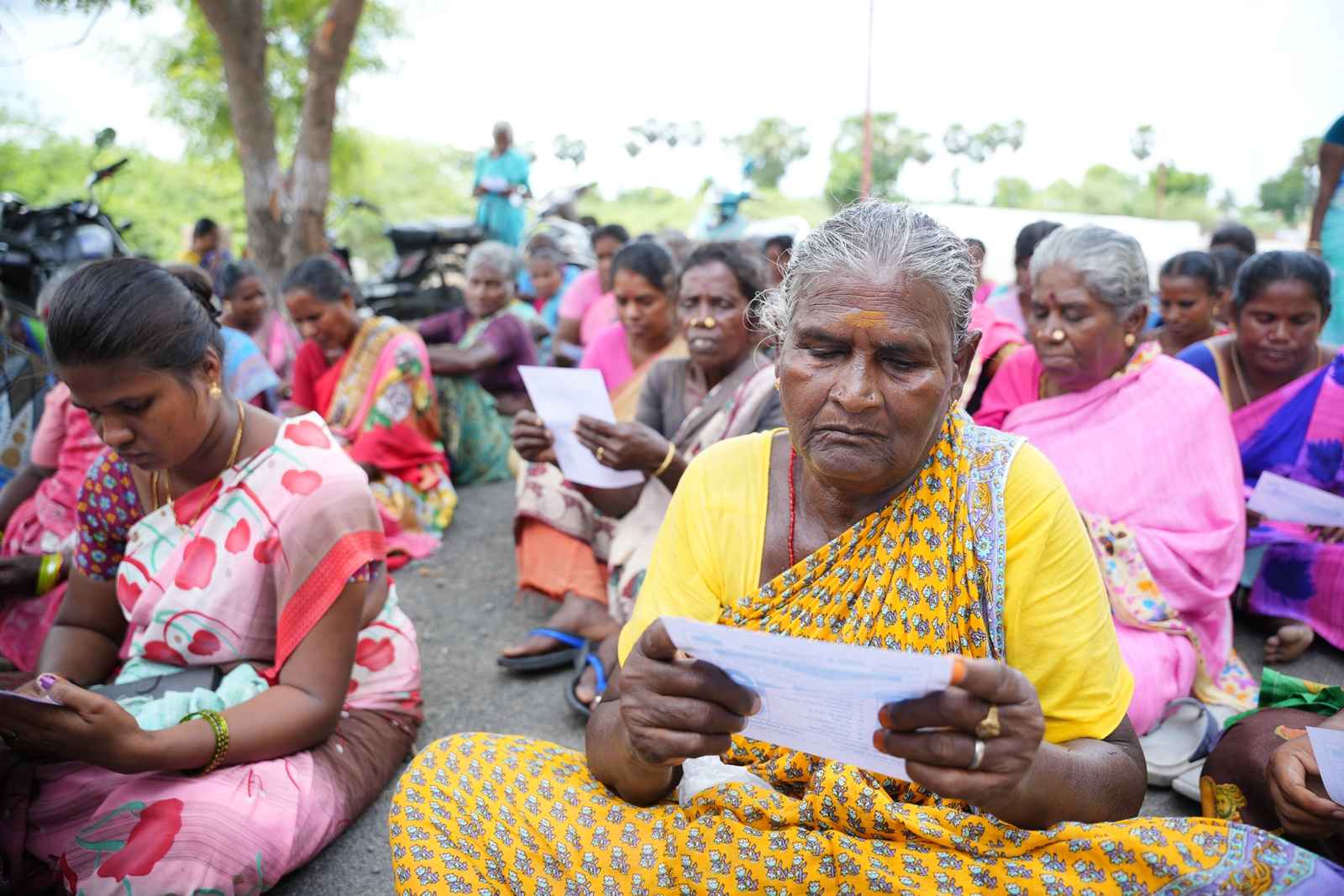
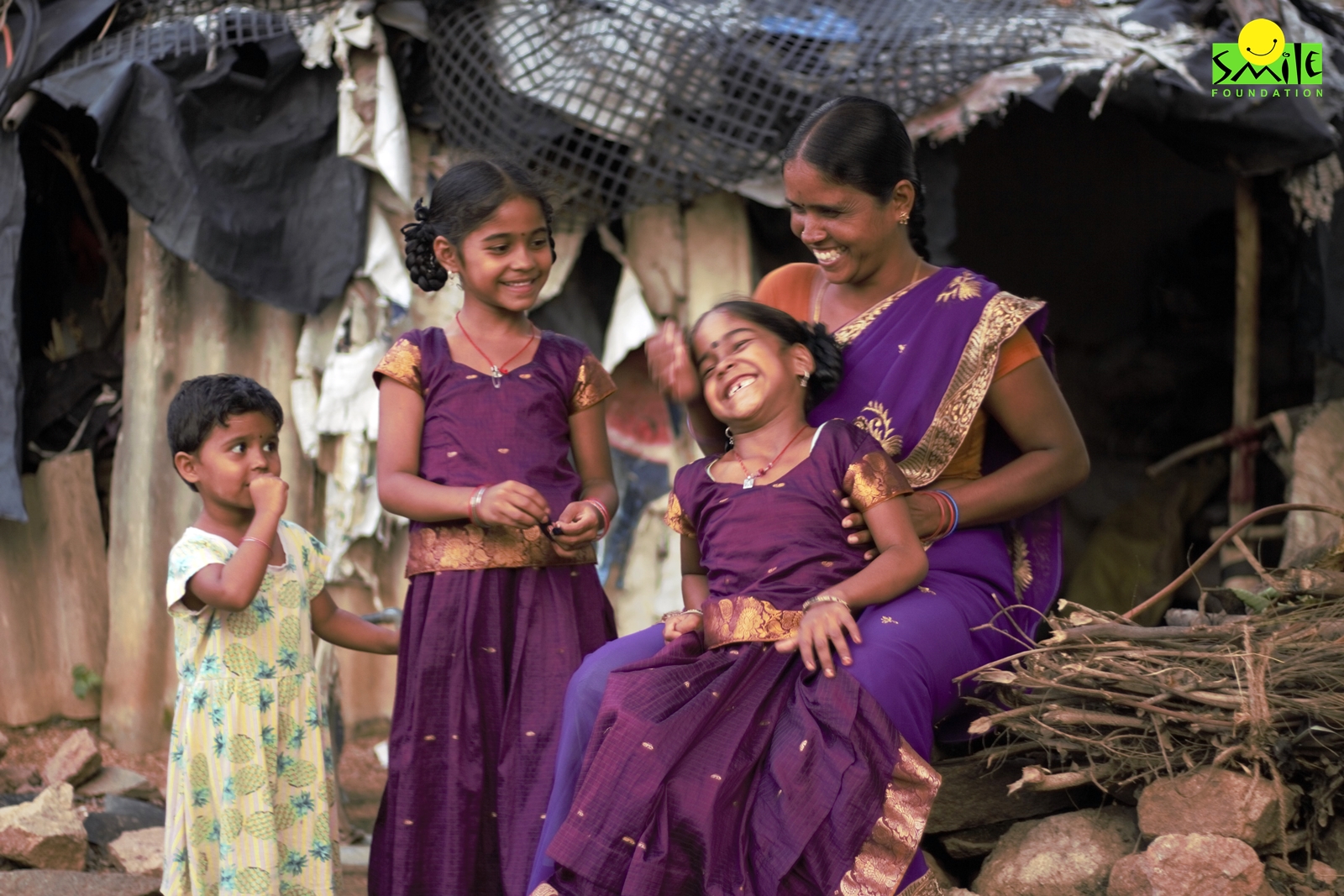
One reply on “Behavioural Change Communication and Young Menstruating Girls”
Very interesting & informative post!!
Nicely written